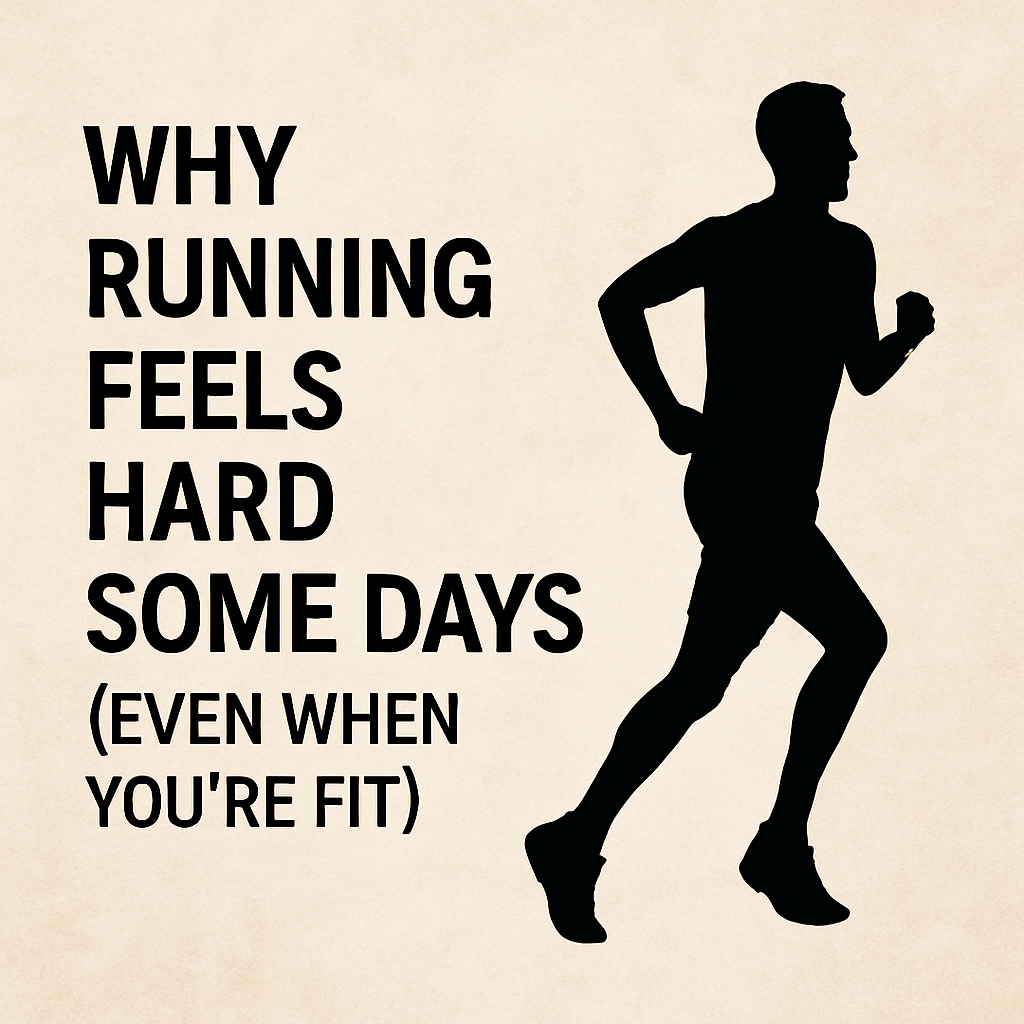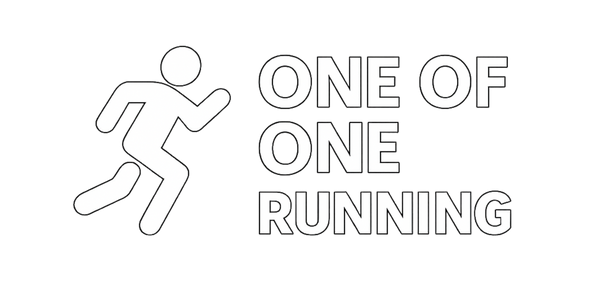
Why Running Feels Hard Some Days (Even When You're Fit)
Share
You’ve been consistent. You’re in shape. And yet, one day, running feels like you’ve never trained at all. Heavy legs, shallow breath, no rhythm. It happens—and it’s normal.
Here’s why it feels hard sometimes, even when you're fit—and what to do about it.
-
Poor sleep
Even one bad night of sleep can raise your resting heart rate, reduce coordination, and affect motivation. Recovery happens at night—no sleep, no rebound. -
Mental fatigue
Stress, decision overload, or emotional tension all drain energy. Even if your body is ready, your brain might not be. -
Dehydration
You can be 1–2% dehydrated before you feel thirsty. That’s enough to raise your heart rate and make running feel sluggish. Check your fluid intake before and after runs. -
Nutritional gaps
Low energy availability from skipped meals or under-fueling affects how your muscles perform. A lack of carbs, iron, or sodium can all show up as slow, heavy runs. -
Hormonal variation
For women, menstrual cycle phases can shift energy levels, coordination, and recovery speed. For men and women, stress hormones also play a role. -
Weather and environment
High humidity, heat, wind, or even poor air quality impact performance—sometimes more than we think. Adjust expectations based on conditions. -
Natural variation
Not every run will feel great. That’s not failure—it’s part of training. You’re not a machine. Progress isn’t linear.
What to do:
– Don’t overanalyze one bad run
– Scale back intensity and finish what you can
– Focus on recovery, food, hydration and rest
– Remind yourself that one hard day doesn’t erase weeks of progress
Running is hard sometimes—even when you’re doing everything right. What matters is staying in motion and trusting the process.
Want structure that helps you keep going through ups and downs? My e-book includes practical tools, guidance, and long-term strategies.
See the e-book here
